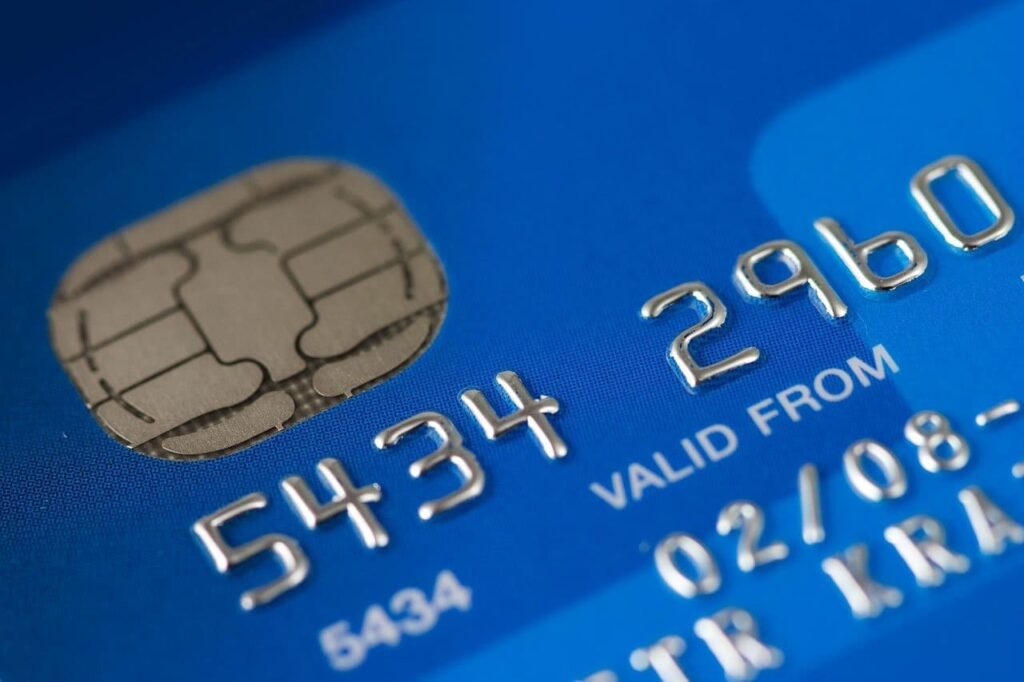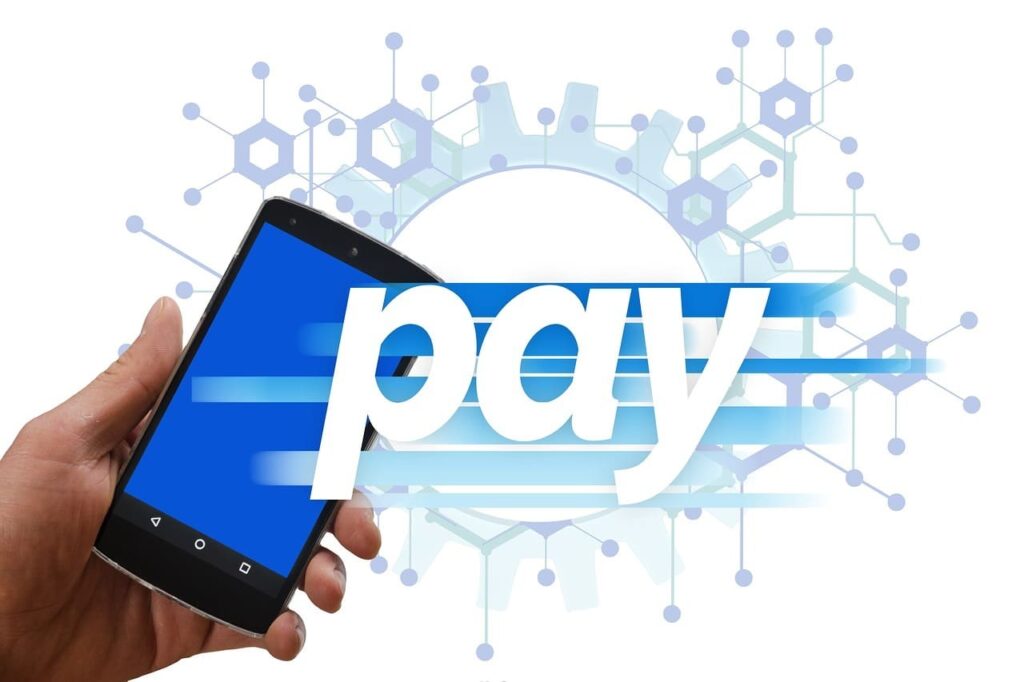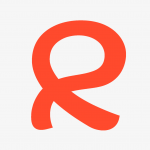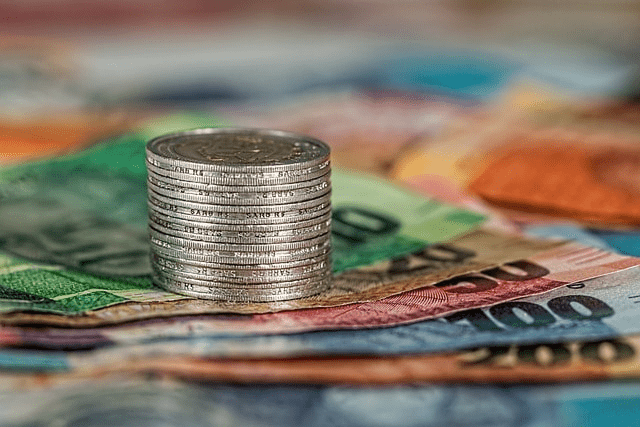The Netherlands has a thriving banking industry that is notable for its intense competition between a variety of institutions. There are plenty of options for individuals and businesses alike, catering to a variety of financial needs. However, with so many options available, selecting the right bank requires careful consideration.
In this article, we’ll delve into key factors to keep in mind, including the importance of digital banking, potential fees associated with different accounts, and the bank’s overall values. By exploring these aspects, we’ll equip you to make an informed decision and select a banking partner that aligns perfectly with your financial goals.
Why You Should Open a Dutch Bank Account
Finding the perfect bank in the Netherlands for expats is like finding the perfect pair of shoes—it needs to fit well. A bank that doesn’t align with your financial needs or principles can lead to frustration and wasted money. Here’s why choosing the right bank matters:
- Save Money – Different banks have different fee structures. You can save quite some money in your pockets by choosing a bank with low or no monthly maintenance fees, free ATM withdrawals, and competitive interest rates on savings accounts.
- Maximise Benefits – Banks offer a range of features like budgeting tools, travel insurance, cashback rewards programmes, and discounts. Aligning these perks with your lifestyle can be a huge advantage.
- Align with Values – Some banks prioritise sustainability or ethical practices. If these values are important to you, choosing a bank that reflects them can feel good and make your finances feel more purposeful.
The Best Banks for Expats in the Netherlands

When it comes to banking in the Netherlands, there is a vibrant mix of established institutions and innovative newcomers. Here is a list of the top 5 best banks in the Netherlands for foreigners.
ABN Amro
One of the biggest Dutch banks, ABN Amro, is known for its extensive branch network and traditional banking services. They offer various accounts, mortgages, loans, and investment products. If you are not familiar with Dutch, keep in mind that they are the only “traditional” Dutch bank where you can find all the information in English.
Additionally, they are the only conventional Dutch bank that permits account opening prior to municipality registration and BSN acquisition. Before acquiring these documents, you can bank for up to 90 days.
Both online and mobile banking are free of charge. The standard credit card, gold credit card, and student credit card are the three types that ABN AMRO offers. In case of damages or losses, you also get insurance coverage based on your credit card option.
| Pros | Cons |
| All information is available in English | Very low interest rates |
| Extensive branch network | Limited app options |
| Lowest-cost traditional bank | |
| Free for students |
ING Group
Another member of the biggest three banks in the Netherlands is ING Group. They are known for their strong mobile banking platform and focus on innovation. They offer various accounts, mortgages, loans, and investment products with a user-friendly online experience.
In addition to having many physical branches, opening an account with ING can be completed in 20 minutes at one of their locations, compared to up to a week at other Dutch banks.
International graduates and students are also eligible to open a Dutch account before and after receiving their BSN.
| Pros | Cons |
| Mobile banking app is user-friendly | Low interest rates for savings account |
| Free for students and graduates | Not all information is available in English |
| Extensive branch network | |
| Reduced time spent waiting when opening a bank account |
Rabobank
The third member of the big 3 banks in the Netherlands is Rabobank. It has a strong focus on cooperative banking and sustainability.
Three account types are currently available from Rabobank:
- Direct Pakket – Which is a standard current account that costs €1.55 per month.
- Basis Pakket – Which costs €2.90 per month and includes a credit card option.
- Totaal Pakket – Which costs €4.80 per month and is a deluxe account with extra features.
Online and mobile account access is offered for every account type. Packages specifically designed for businesses, young individuals, students, and couples with joint accounts are available.
Making an appointment is required in order to create an account. Unfortunately, not all information is available in English on the website or for internet banking.
| Pros | Cons |
| The app is user-friendly | You need to make an appointment to open an account |
| Extensive branch network | Not all information is available in English |
| Both the account and credit card are free of charge | Low interest rates for savings |
Bunq
Another bank that should be in your focus if you are an expat in the Netherlands is Bunq. This bank is fully online and it offers mobile banking with various account options, budgeting tools, and instant payments.
It offers an abundance of features to make managing your finances simpler, such as the ability to access two accounts with a single card, auto-roundup for cost savings, and salary sorting to simplify budgeting.
The best feature is that you do not need to wait to receive a BSN to sign up! You can use the bank for up to 90 days while you wait for your citizen service number.
Although the monthly fee is a little higher than that of other Dutch banks, we believe the significant cost savings make it worthwhile.
| Pros | Cons |
| You can use it for up to 90 days without BSN | Higher monthly fee |
| Available in English and other languages | No physical branches |
| High interest rates on savings |
N26
N26 is another strong contender for expats when it comes to international money transfers. If you choose N26, you’ll be able to open a bank account within minutes. Also, keep in mind that a Standrad bank account is free of charge and comes with a virtual N26 Mastercard so you can make payments straight from your mobile phone.
There are also three different premium accounts – N26 You, Business You, and N26 Metal. One more great thing about N26 is that there customer support works long hours, from 07:00 until 23:00, even on weekends and holidays.
| Pros | Cons |
| Available on English | No physical branches |
| Standard bank accounts is free and it comes with a virtual N26 Mastercard | High monthly fees |
| Great customer support |
Selecting the best bank depends on your individual needs. The following table compares the key features of some top contenders to help you get started:
| Feature | ABN Amro | ING | Rabobank | Bunq |
| Account Types | Checking, Savings, Investment | Checking, Savings, Investment | Checking, Savings, Investment | Personal, Business |
| Monthly Fees | Varies | Varies | Varies | Free |
| ATM Withdrawals (NL) | Free within network | Free within network | Free within network | Free within a limited network |
| ATM Withdrawals (Int’l) | Fees apply | Fees apply | Fees apply | Free (limited amount, fees after) |
| Interest Rates (Savings) | Low | Low | Low | Varies by plan |
Smaller Banks to Consider
- ASN Bank – Prioritises environmentally friendly banking methods.
- SNS Bank – Provides a selection of financial products at competitive rates.
- RegioBank – This bank is well known for its strong presence in specific regions of the Netherlands.
How to Open a Dutch Bank Account
Fortunately, opening a bank account in the Netherlands is a fairly straightforward process. For all of you who need a more detailed explanation, we recommend visiting our comprehensive guide here.
The majority of Dutch banks let you open an account online through their website or in person by going to one of their branches. Make sure you schedule an appointment before opening an account at a branch.
Generally speaking, you will need to gather a few essential documents – valid identification, your Citizen Service Number (BSN), proof of address (for example, a rental agreement), and an employment contract or a Dutch payslip.
The good news is that a large number of Dutch banks accept international clients and frequently provide assistance in English during the application process.
Factors to Consider When Choosing the Right Bank for You
Choosing the perfect bank account in the Netherlands goes beyond just a place where you’ll receive and deposit your money. It is about finding a financial partner who shares your values and aspirations. Here’s a breakdown of the key factors you’ll need to consider when making your decision:
- Online Banking and Mobile App – A user-friendly online platform is crucial in today’s digital world. Look for features like budgeting tools, a user-friendly mobile banking app, different online bill payments, and real-time account updates.
- Fees – Monthly maintenance fees, transaction fees (both domestic and international), and ATM withdrawal fees (especially important if you travel frequently) are important factors. You can save a lot of money by choosing the right bank. Some banks offer free accounts with limited services, while others charge a premium for a wider range of features.
- Branch Network and Location – Physical branches are a commodity you’ll want to have, especially if you prefer in-person interaction. In that case, a bank with a wide branch network conveniently located near you is ideal. However, if you rely on online banking, a smaller branch network is fine.
- Interest Rates for Savings Accounts – Interest rates offered on savings accounts are important when you plan on saving. It is crucial to compare rates across different banks and consider if a higher interest rate justifies potential drawbacks.
- Account Types Offered – Banks offer various account types. There are student accounts, joint accounts, or premium accounts with added benefits, so choose one that best suits your financial situation and needs.
- Digital Banking – Choose a bank that embraces digital solutions. Features like mobile check deposits, instant transfers between accounts, and contactless payments will improve your banking experience.
- International Money Transfer Options – If you tend to regularly send or receive money internationally, knowing the fees and exchange rates offered by different banks is a must. Certain banks have competitive rates because they specialise in international transfers.
- iDEAL Support – iDEAL is a popular online payment system in the Netherlands. To ensure smooth online shopping experiences, make sure the bank you have chosen supports iDEAL.
- Maestro or V Pay Bank Card – Debit cards are accepted across the Netherlands for regular purchases. Check if your chosen bank offers a Maestro or V Pay card as your primary debit card.
- Convenient Payment Request Feature – Some banks offer a convenient way to request money from friends or split bills. This feature simplifies financial interactions.
- Dutch IBAN and Instant Payments – An IBAN (International Bank Account Number) is essential for receiving money in the Netherlands. Choose a bank that provides a Dutch IBAN and facilitates instant payments (known as SEPA Instant Payments) for faster transactions.
- Communications and UI in English – For many expats, Dutch isn’t the language they speak, so ensure your chosen bank offers clear communication and a user interface in English. This will make navigating your account and accessing features much easier.
Remember, the best bank for you is subjective and depends on your individual priorities. Carefully do your research, compare offerings, think it through, and choose a bank that becomes a valuable financial partner in achieving your goals.
List of Terms You Need to Know in the Dutch Banking System
To make your banking experience much easier and more enjoyable, some banks provide interesting apps, features, and financial services that can attract potential clients. In this list, you’ll find out more:
- Tikkie – This is a very popular mobile payment request app in the Netherlands. It allows users to easily split bills or request money from friends.
- iDEAL – This is a secure online payment system used in the Netherlands for making online purchases directly from your bank account.
- iDIN – This is a secure online authentication method used in the Netherlands to access online government services or verify your identity for online banking.
- IBAN – An International Bank Account Number. A unique identifier for your bank account is used for international money transfers.
- Joint account – This is a type of bank account shared by two or more people. You can all deposit, withdraw, and manage funds together.
Alternative Money Transfer Options Services for Expats

Traditional banks often have high fees for international money transfers. To avoid paying fees, you don’t need to, choose any of the alternative money transfer options that fit your needs the best. Here are some alternative options for expats to consider:
- Wise (formerly TransferWise) – Known for competitive exchange rates and low fees, often lower than 1% of the transfer amount. They also offer a borderless multi-currency account for managing funds.
- Revolut – Revolut can also be a strong contender for expats considering alternative money transfer options. This e-wallet offers interbank rates with no hidden fees on weekdays within your plan’s free exchange allowance.
- Pay Pal and Payoneer – Services like PayPal can be convenient for smaller transfers, especially if both parties already have accounts. However, fees can be higher for international transactions.
- WorldRemit – A budget-friendly option for sending money abroad, particularly for cash pickups. They offer transfers to over 130 countries.
- Remitly – Another popular service with a user-friendly app, good for sending money to friends and family. Fees and rates can vary depending on the destination.
- XE – Offers international transfers to over 200 countries with transparent fees and competitive exchange rates. They also allow forward contracts to lock in exchange rates.
- Western Union and MoneyGram – These money transfer operators are not the best option for expats due to their high fees, but they are great option in case you need an extremely fast money transfer.
Choosing the Right Service
The best option for you will depend on your specific needs. Here are some factors to consider:
- Transfer amount – Fees can be a bigger factor for smaller transfers.
- Destination country – Some services have better coverage or rates for certain regions.
- Transfer speed – Do you need the money to arrive urgently?
- Payment methods – How do you want to pay for the transfer (bank account, credit card, etc.)?
Remember, it’s always a good idea to research and compare different services before choosing one for your international money transfers.
Final Thoughts
From online functionalities and mobile apps to fees, branch networks, and international features, understanding your priorities will help you choose the right bank easily. What matters most is finding a bank that aligns with your financial habits and goals.
So, take some time to research the offerings of different banks based on the details we’ve provided. With a clear understanding of your financial needs, you’ll be well on your way to selecting the ideal banking partner in the Netherlands.
And if your decision to open a Dutch bank account coincides with exciting career aspirations, head over to Robin to explore exciting job opportunities in the Netherlands! Let Robin help you find your dream job and navigate the exciting world of working in the Dutch market.
Frequently Asked Questions About Dutch Banks for Expats
What is the best bank for expats?
The best bank depends on your individual needs and priorities. However, based on the information we discussed, here’s a breakdown of some top contenders for expats:
- ABN Amro;
- Bunq;
- Radobank;
- ING Group.
What are the most common cards used in the Netherlands?
In the Netherlands, debit cards are a must when it comes to everyday transactions. Here’s a breakdown of the most common cards:
- Maestro, Visa, and Mastercard – These debit cards allow you to make purchases at stores and withdraw cash from ATMs.
- V Pay – Another popular debit card option is V Pay. It functions similarly to Maestro but is specific to the Netherlands and some other European countries.
What is the Deposit Guarantee Scheme (DSG)?
The Deposit Guarantee Scheme (DGS) is a financial safety net that protects your money in case a bank goes bankrupt. Here’s how it works:
- Coverage – Your bank deposits are insured by the DGS in the event of a bank failure.
- Limits – A specific coverage amount varies depending on the country you are living in. For instance, in the Netherlands, banks guarantee deposits up to €100,000 per depositor.
What is the best e-wallet for foreigners?
Just like when it comes to choosing a bank, choosing an e-wallet is also a matter of your individual needs and priorities. In the Netherlands, most people prefer using Revolut, besides Google and Apple Pay.
Can I transfer money abroad?
Yes, you can definitely transfer money abroad! There are several ways to do this, each with its own advantages and disadvantages. Here are a few common options:
- Your Bank – Most banks offer international money transfer services. Keep in mind that the fees can be high, especially for smaller transfers.
- Money Transfer Service Providers – Companies like Wise, WorldRemit, or XE offer competitive exchange rates and lower fees compared to traditional banks.
- Peer-to-Peer (P2P) Payment Apps – Services like PayPal or Revolut allow you to send and receive money internationally with instant transfer options included. The amount and country of destination will determine fees.

 English
English  Lietuvių
Lietuvių  Latviešu
Latviešu  Polski
Polski  Português
Português  Română
Română  Slovenčina
Slovenčina  Magyar
Magyar  Русский
Русский  Espanol
Espanol  България
България  Čeština
Čeština  Italy
Italy  Croatia
Croatia  Greek
Greek 

